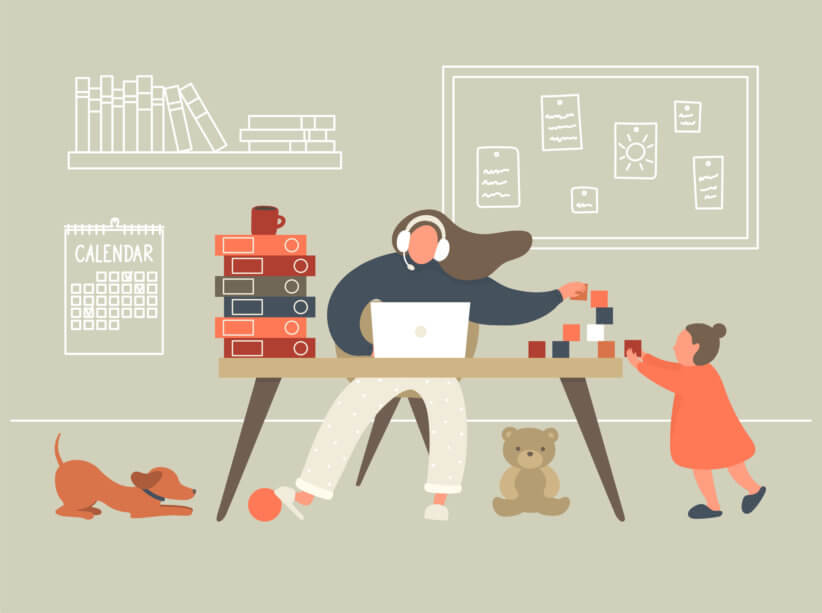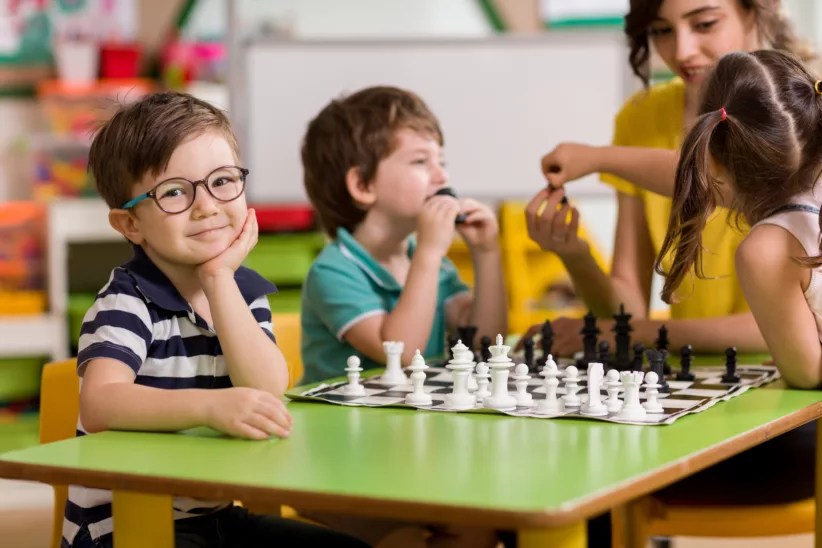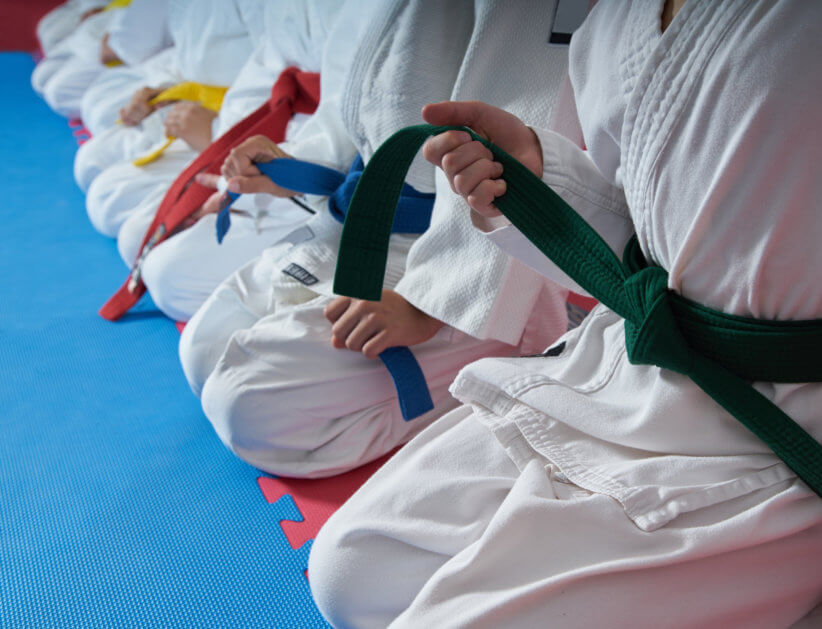Raising children is about shaping traits and instilling values, not merely about fixing behaviors. Teaching children how to flourish should start with focusing on their strengths, not their weaknesses. By focusing on their strengths, parents and children are more motivated to work together as a team. But teaching positivity isn’t synonymous with using positive reinforcements all the time. It’s a tricky balance of reframing.
Every child is born with his own level of so-called “natural” happiness. Some were born with over-the-top cheerfulness, while others are born with less. This explains why some children are fussier, while others keep grinning from ear to ear, regardless of the mood of the surrounding environment. Happy kids tend to respond differently to failure than not-too-happy kids. Their strengths, however, should be distinguished from their natural level of happiness.
Whether your child has a high level of natural happiness or a low level, he must learn to fail.
“Children need to fail. They need to feel sad, anxious, and angry. When we impulsively protect our children from failure, we deprive them from learning skills,” said Martin Seligman, PhD, the founding father of positive psychology and author of “Authentic Happiness.”
By teaching him to fail, you actually teach him about positivity: the positive manner in which he should respond and experience the so-called “flow” state-of-mind. Mihaly Csikszentmihalyi, PhD examined this concept of “flow,” and defined it as a state in which an individual is totally involved in a process or an activity in life that is more about pleasure or pain. Once a child has passed the “pleasure” or the “pain” of failure, he can learn to find this feeling-free, or “flow,” state.
Some children are more kinesthetic than fluent in linguistic, musical, or mathematical skills — or vice versa. Either way, it is a child’s strength and parents need to acknowledge it. In “Battle Hymn of the Tiger Mom,” author Amy Chua said she prefers that her children focus on math or music, instead of sports — without even considering the children’s strengths and interests. She would say “no” to sports, but “yes” to math or music.
In positive psychology, which is the scientific study of the strengths and virtues that enable individuals and communities to thrive, the child’s strengths are respected by the parents. Parents don’t weigh language, math and music skills as higher than sports, because they are all considered to teach necessary life skills. A “yes-or-no” approach is used limitedly.
In beginning to teach your children about positivity, make sure you limit the usage of the word “no” in your everyday vocabulary. Only use it when the child’s actions present danger, destruction or pain, such as when the child tries to touch a hot stove, tries to pinch another child, tries to pull a dog’s tail, or tries to break a piece of furniture. You should be mindful of not overusing “no,” especially when you’re comparing activities, as a negative judgement has a strong long-term impact.
What you should convey, instead, is a judgement over the consequences of a choice. You should allow your children to learn from their mistakes, while always showing unconditional love.
Praises and punishments can shape and reframe a child’s mind set over an action. Condemn the action, not the child. Always say, “If you keep doing it, I will take it away from you.” Don’t say, “You’re bad. I will take it away from you.”
In teaching your children right from wrong, always remember that love is unconditional, but rewards are earned. Love is priceless, but rewards are pricey.
Jennie S. Bev, MS, is an educator, author and syndicated columnist based in northern California. Her website is
www.JennieSBev.com.





















